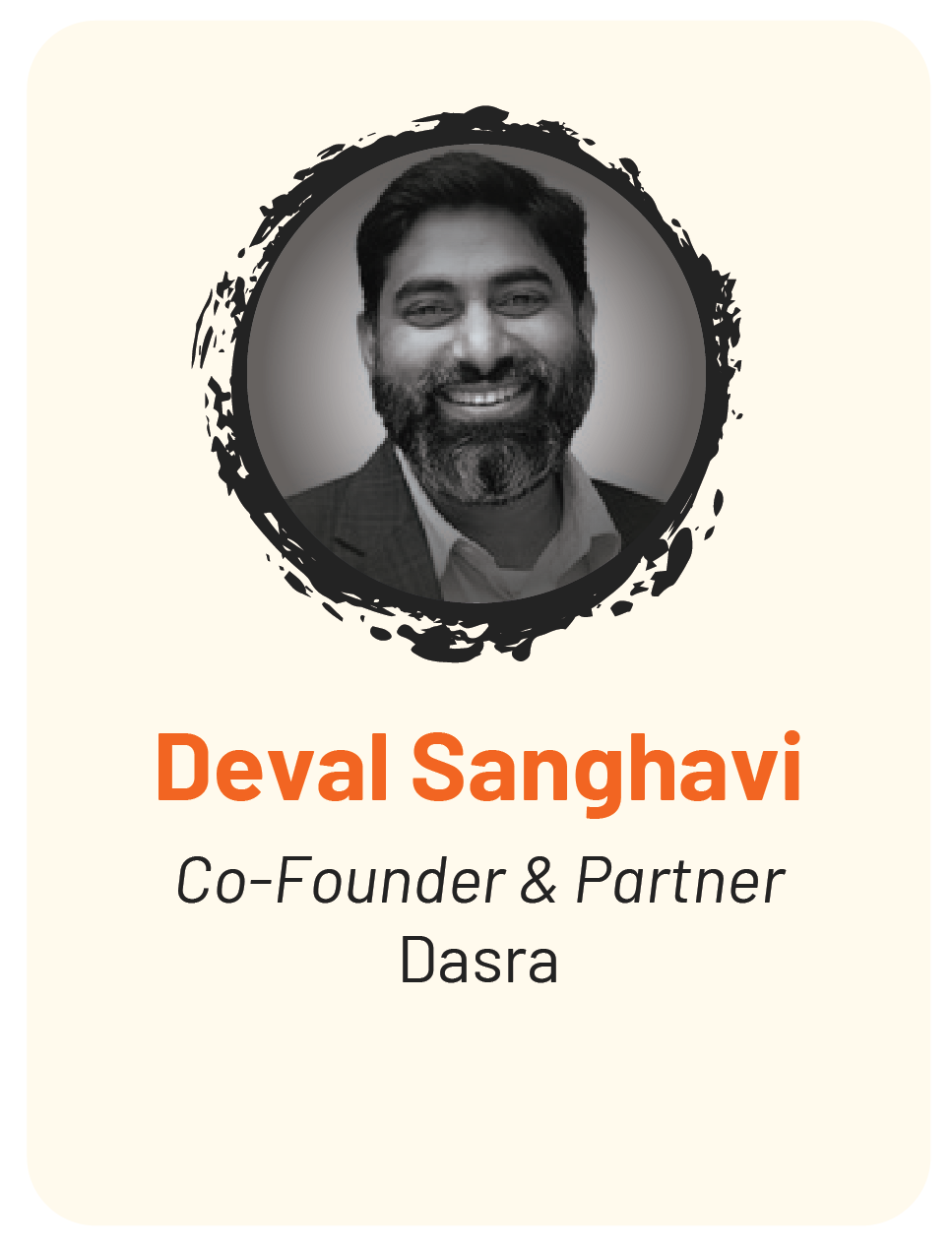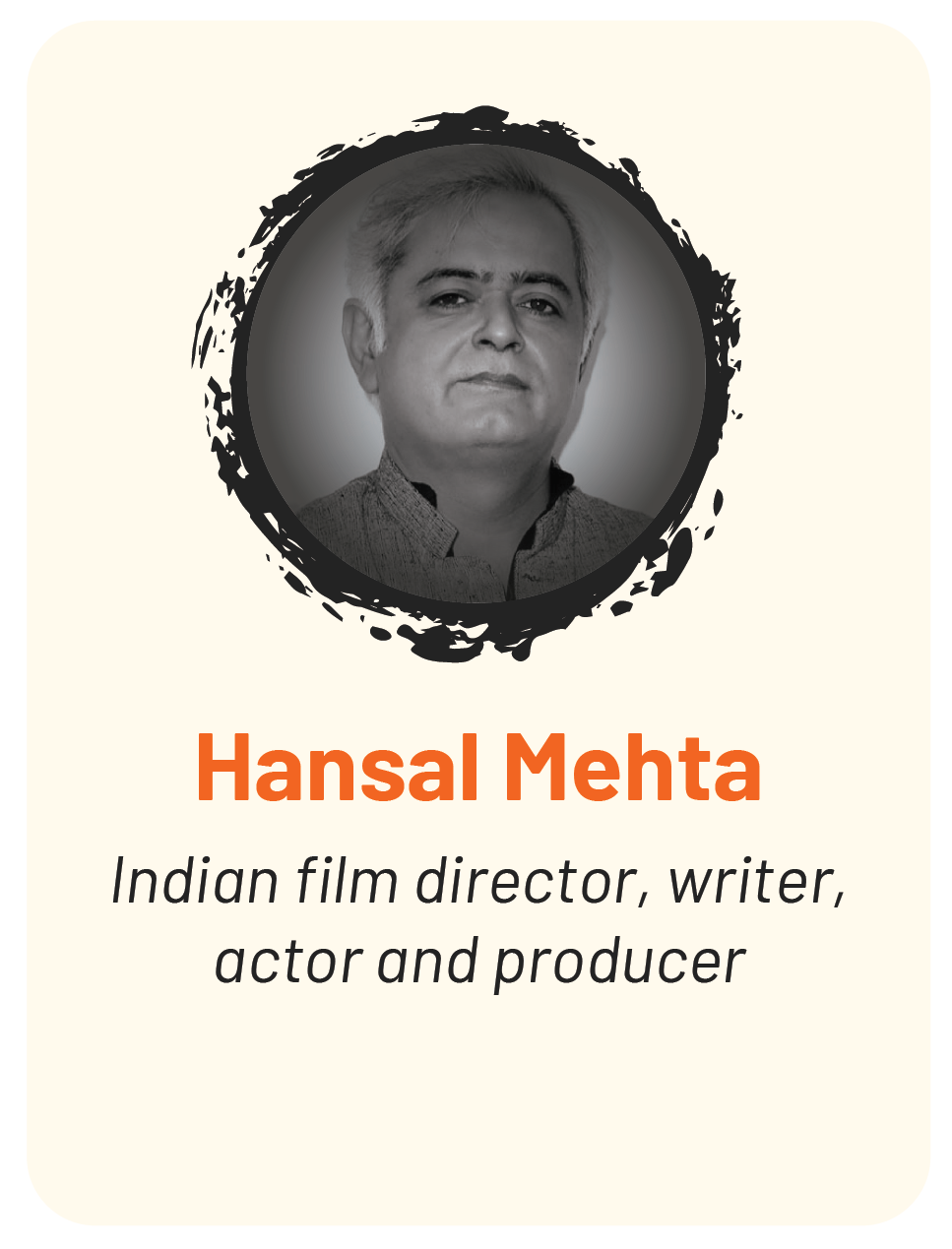It’s Time to Talk:
|
|
Introducing No Cost Extension: A conversation between Hansal Mehta and Deval Sanghavi, exploring everything from Deval’s own personal journey in the social sector, to the role of domestic philanthropy in a tight regulatory climate, to what it means to build a culture of philanthropy in India, especially on the heels of a global pandemic.
|
Key takeaways
- No Cost Extension is a podcast that seeks to have candid conversations about impact, donor-nonprofit power dynamics, and failures in the social sector. In this podcast, host Deval Sanghavi speaks with nonprofit and philanthropic leaders to explore these topics and many more.
- Philanthropy is not just about the percentage of our income that we give; it’s about looking at the problem that is in front of us, that we are trying to solve. That is where we must begin.
- We must also look beyond our specific communities, when it comes to giving, and recognize that there is value in looking at India as a whole, and seeing how we can support the country.
- The regulatory climate has become increasingly challenging for nonprofits in India, and there is a huge role for both domestic philanthropy as well as smaller, everyday givers, to support civil society organizations.
- We need more funding going to issues of diversity, equity, and inclusion. The pandemic has highlighted the need for supporting and defending the fundamental rights of citizens, and yet funding to these causes is drying up.
Subscribe to No-Cost Extension Podcast
session highlights
This chat between Hansal and Deval explored everything from Deval’s own personal journey in the social sector, to the role of domestic philanthropy within an increasingly fraught regulatory climate, to what it means to build a culture of philanthropy in India. Deval also reflected on philanthropy in the context of the world we live in today, with a global pandemic that has created a humanitarian crisis across the world.
So, knowing what we know about the hardships that people—migrants, students, health workers, etc—have faced over the past year, how must we look at philanthropy? As Deval says, philanthropy is, above all else, a love for society. And we can learn more about this love from the hundreds and thousands of field workers and nonprofit leaders who have devoted themselves to supporting others, and helping communities thrive. Often, donors begin their philanthropic journey by assuming they know what’s best, when in fact, they should look for guidance from nonprofits and communities, as they know best about their life situations.
And when we look at metrics, rather than focusing on how much each of us can give personally, we should instead ask the question: are we solving the problem or not? When we view our efforts through this lens, both donors and nonprofits might find new and different ways to participate in the fight for a better, more just society.
So, knowing what we know about the hardships that people—migrants, students, health workers, etc—have faced over the past year, how must we look at philanthropy? As Deval says, philanthropy is, above all else, a love for society. And we can learn more about this love from the hundreds and thousands of field workers and nonprofit leaders who have devoted themselves to supporting others, and helping communities thrive. Often, donors begin their philanthropic journey by assuming they know what’s best, when in fact, they should look for guidance from nonprofits and communities, as they know best about their life situations.
And when we look at metrics, rather than focusing on how much each of us can give personally, we should instead ask the question: are we solving the problem or not? When we view our efforts through this lens, both donors and nonprofits might find new and different ways to participate in the fight for a better, more just society.
quotes
|
|
“With everything that has happened in the world, in the last year-year and a half, I think we have all realized that we need to sort of challenge the norms that exist across the board, including in the development sector.”
- Deval Sanghavi, Dasra |
|
|
“I find myself often thinking that Philanthropy is not done for the right reasons sometimes in our country. And the shiny examples are few and far between.”
– Hansal Mehta, Indian Film Director |
|
|
“Does India really have a culture of giving? Are we philanthropic enough? Are philanthropists strategic enough, or is philanthropy more pressure driven?”
- Hansal Mehta, Indian Film Director |
|
|
“To me philanthropy is love for society. And I say that because of the hundreds of thousands of field workers that we have across the country working in government hospitals, working in government schools, working for NGOs—they are more philanthropic, I feel, than many of us.”
- Deval Sanghavi, Dasra |






